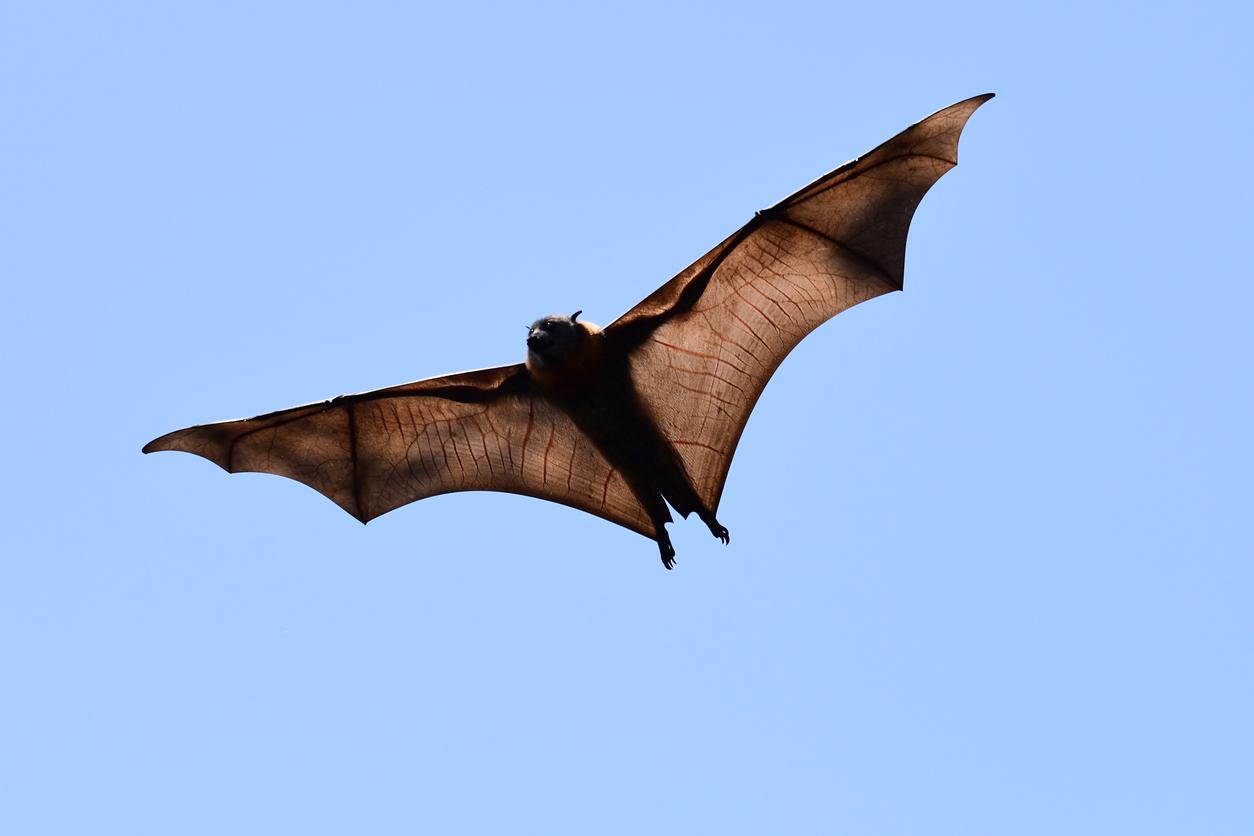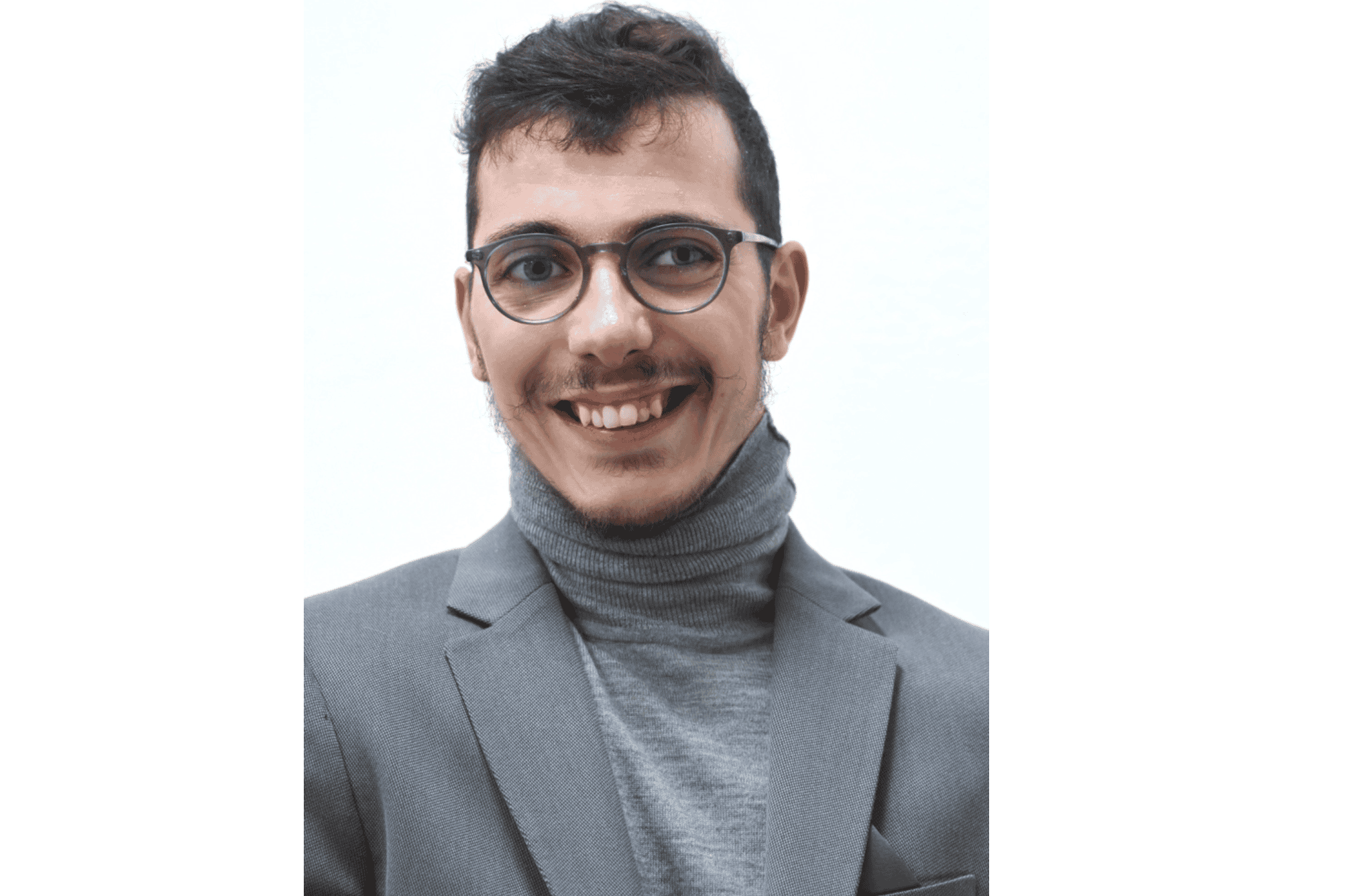Olivier learned that he had a low-grade oligodendroglioma in 2017, a brain tumor which required him to undergo numerous treatments, including awake brain surgery.

- Olivier learns that he has a brain tumor at the age of 45.
- He learned this news thanks to an MRI, carried out following a deterioration in his state of health: severe fatigue, migraines, lack of concentration and epileptic attack.
- To remove as much of this brain tumor as possible, the former professor had to undergo awake brain surgery, a spectacular operation that he details for us on the show C notre santé.
“At the very beginning, I felt very tired, followed by major migraines, loss of concentration, loss of attention… until the day I had a generalized epileptic attack.”Following an MRI, doctors detected in Olivier Godest a benign tumor located in Broca’s area, a part which is directly linked to language in humans.
“When we hear the news, we lose our bearings a little, doubt sets in, we ask ourselves a lot of questions, and ultimately we don’t really have an answer right away. So afterward, I announced it to my loved ones, my partner, my parents and two very close friends, who I asked not to talk about it right away because I wanted to have answers about the surgery in herself, before she can tell everyone.”
Awake brain surgery
The man, aged around forty, then underwent several treatments, including awake surgery. “It’s quite a process because this awake surgery, we can very well withdraw two days or two hours from the operation. This is a choice that we are offered and which avoids having to go through chemotherapy from the start.” This spectacular operation requires the patient’s help and allows the maximum tumor volume to be removed without impacting the patient’s neurological functions. “As a result, there is a whole process to follow: we do a functional assessment with the neurosurgeon, with the psychologist, with the argototherapist and the neuropsychologist, in order to know if the operation can take place or not.”
“When we wake up, we have this image of the skull being open”
Everything goes well, and this former professor of decorative tapestry will then find himself on the operating table, in the hands of great specialists. “It’s a bit of a special moment because when you wake up, your head is on one side and you’re aware that you can’t go back. We have this image of the skull which is open.” During the entire operation, Olivier must do exercises by naming images that the speech therapist displays in front of him, and by doing motor skills exercises by stretching out his arm or clenching his fist. “This allows the neurosurgeon to map the brain to know exactly what piece of tumor he needs to remove… because if for example, at one point, I start to babble a little bit, and instead of saying ‘this is a goat’, I say ‘this is an F’, the neurosurgeon knows he has gone too far. All this allows it not to damage the brain, not to affect cognitive parts, language, vision, or even motor skills.”
But the surgery takes a long time, and after eight to nine hours in the operating room, everything doesn’t go as planned. “I had an epileptic seizure on the table, so they had to stop the operation a little prematurely, which means that today I still have a remnant of a tumor in my brain.” After surgery, the same exercises are asked of the patient, in order to verify that all brain functions are intact, which was indeed the case for the patient of the day.
“When illness arrives, some couples tear themselves apart a little… But for us, it’s exactly the opposite”
“Since this low-grade oligodendroglioma is still there, I’m not out of the woods. Professionally, I was put on disability quite quickly, I can no longer do my job today because it tires me out a lot.” A hard blow for this professor who just managed to stay the course and overcome this ordeal thanks to the idea that he would return to his work afterwards. “I had to find other things to hold on to, other reasons to continue, and that’s why I’m here today, to talk about it.” It is therefore quite natural that Olivier Godest became a member of the Oligocyte association. “It is an extremely dynamic association, which does a lot of work to help patients, caregivers and loved ones. I found sincere listening and freedom of speech there. And above all, it is also something very important and enriching, to meet other patients.”
His partner is also very supportive: “When illness arrives, perhaps some couples tear themselves apart a little, have difficulty finding their bearings… But for us, it’s exactly the opposite, it has brought us closer together. We felt more united, even if I think that physically and morally, it must have been very complicated for him during the month of my operation because he was buying his company at the same time… So he was super strong and courageous .”
Watch the full interview in images on our YouTube channel, produced by scientific editor Juliette de Noiron (PhD):











-1739366311.jpg)






